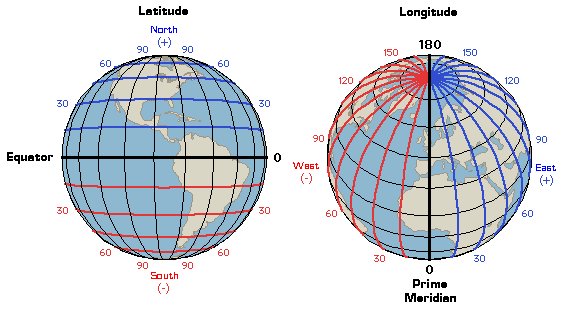
Grade 4 | Lesson 1
Dean of Students: dean@theschools.com
Tech Services: tech@theschools.com

Grade 4 | Lesson 1
Dean of Students: dean@theschools.com
Tech Services: tech@theschools.com
Social Sciences
Lesson Overview
Geography: World and American Civilization
![]()
Geography: World and American Civilization
Note to at-home teachers
The study of geography is to help understand how history, the arts, and industry, all tie to the land, to learn the importance of waterways, and why mountains and coastlines hindered and aided migrations of peoples and advancements of armies. In the fourth grade, children will be asked to make such connections. We begin with simple geography and advance quite quickly into world and American civilization.
The imaginary line that divides the earth around its middle is called the equator. What are all the other imaginary lines running around the earth? Some run east and west like the equator, and others run north and south? These lines were created by mapmakers. They divide the earth into sections so that we can easily locate places by knowing which lines cross at those locations.
The lines that run around the earth from east to west, like the equator, are called latitude lines. The equator is a latitude line. The lines that run around the earth from north to south are called longitude lines. Every longitude line crosses both the north and the south poles.
You may wish to look in your home atlas or go to an atlas on line and search its many pages for examples of each of latitude and longitude lines.

Research It!
Your research project for this week is to search the Internet to discover the meanings of the following terms, and to write a short paragraph about each. Please try to do this research by yourself. You should ask for help from your at-home teacher only if you absolutely need it. It is very important that you learn to search the Internet as it's one of the most important research tools we've got!
Hemisphere
Northern Hemisphere
Southern Hemisphere
Eastern Hemisphere
Western Hemisphere
The Prime Meridian
Coordinates
In your journal, write about the success, fun, tears, troubles, you had trying to research these terms. We will cover them again in your next set of lessons.